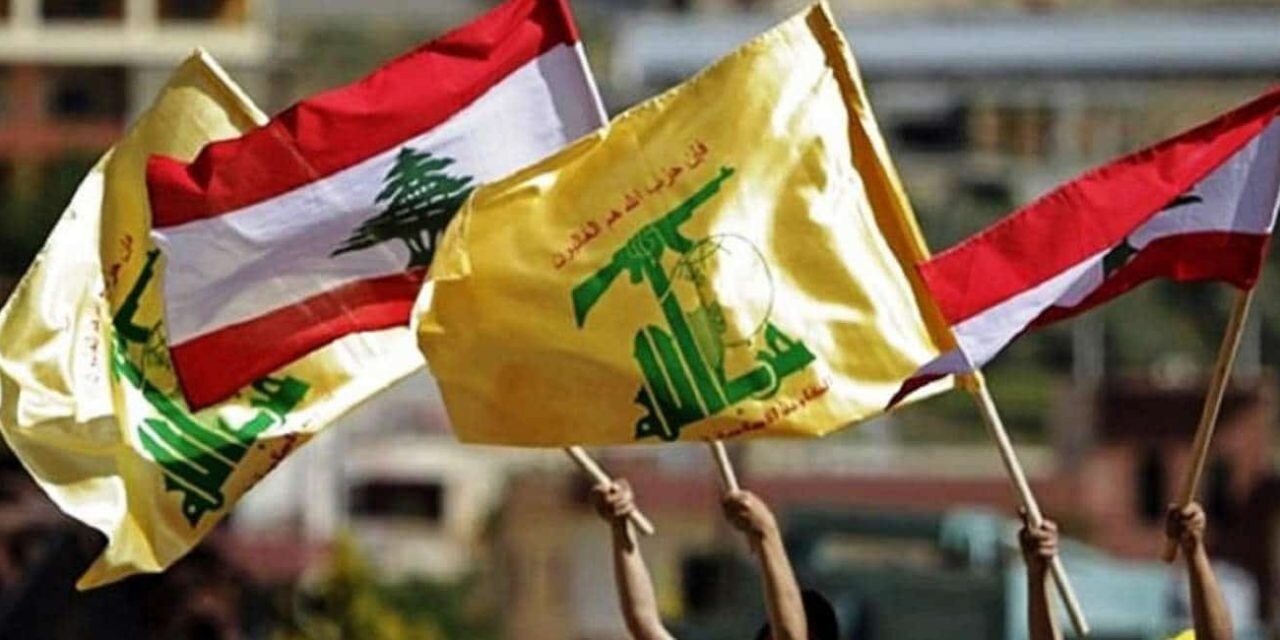Hezbollah’s open book: No compromise with the enemy

BEIRUT—Amid rising tremors along Lebanon’s southern frontier, Hezbollah unveiled an open letter directed both to the Lebanese people and to the nation’s three top officials: the President of the Republic, the Speaker of Parliament, and the Prime Minister.
The document frames the Resistance’s posture as a legally grounded exercise of the right to defend against an enemy (Israel) that, in Hezbollah’s account, continually imposes war through persistent attacks.
Read against the wider diplomatic pressure pushing Beirut toward direct negotiations with the enemy. The letter functions as a strategic repositioning with several political and operational implications.
Reaffirming the right to legitimate defense
The central assertion of Hezbollah’s open book is straightforward: the Resistance’s actions are a legitimate form of defense against the Israeli enemy that refuses to cease hostilities.
By asserting that 'defense' transcends the binary of a state's formal declaration of war or peace, Hezbollah reshapes the legal and moral framework by which its actions are to be evaluated.
This legal-philosophical framing is intended to blunt attempts to delegitimize the Resistance domestically and internationally. It signals that Hezbollah does not seek to usurp the state but to exercise what it presents as an inalienable right when the state is unable or unwilling to halt external aggression.
Dual messages to state leadership and nation
To the presidents and the formal institutions of the Lebanese state, Hezbollah says: use the Resistance as a bargaining chip to relieve external pressure.
In other words, rather than treating the Resistance solely as a liability to be disarmed, state actors can leverage its deterrent value to extract more favorable terms from foreign interlocutors.
This is an attempt to recast Hezbollah from an obstacle into a strategic asset for national negotiation.
Crucially, Hezbollah informed the three senior officials of Lebanon beforehand—an element that signals coordination at the highest political level and frames the communiqué as part of a national, not purely partisan, posture.
Hezbollah explicitly warned against “submitting to aggressive blackmail” or falling into negotiation traps that serve the enemy’s interests and yield no guarantees.
To the Lebanese populace the message is reassurance and justification. Hezbollah tells citizens that any future military response would be driven by clearly articulated reasons—ongoing Israeli attacks—and not caprice.
By communicating reasons for potential actions, Hezbollah aims to preempt internal divisions in case violence resumes and to secure a measure of public legitimacy for its choices.
Timing, context and immediate fallout
Timing is everything. The communiqué appeared amid Israeli media talk of escalation and diplomatic pushes by Washington and regional actors to bring Lebanon into direct talks with the Israeli enemy.
Tel Aviv’s immediate reaction was swift: psychological and military pressure on southern towns (evacuation alerts in villages such as Aita al-Shaab, Taybeh, and Kafr Dunin), intense air strikes, and claims of strikes on alleged Resistance infrastructure.
Thursday saw close-range operations that underlined how rapidly rhetoric translates into kinetic pressure on the ground.
Domestically, the statement coincided with a cabinet session that reviewed the army’s southern deployments.
President Aoun publicly reiterated that negotiation remains the tool to end aggression, while urging stability; meanwhile senior army officials reportedly proposed freezing any plan to “concentrate” (censor) weapons as long as Israeli raids continue — a sign of institutional unease and competing calculations inside state structures.
Internationally, the message did not go unanswered. A senior UN interlocutor warned that Lebanon must accept direct negotiations or Israel could escalate attacks “across Lebanon” — talk that officials characterized as a threat of a “mini-war”.
At the same moment Washington applied financial pressure; the U.S. Treasury’s OFAC announced sanctions on Lebanese actors accused of facilitating transfers to Hezbollah, framing economic measures as part of a broader push to cut the movement’s funding lines.
Toward a new state–resistance equation
Strategically, the open book signals an attempt to harden a new equation: the Resistance as an integrated pillar of national defense rather than an extraneous “militia.”
Hezbollah refrains from enumerating specific military responses or timetables. The ambiguity is deliberate, preserving operational flexibility while advancing a political thesis that any durable settlement must account for Hezbollah’s role and the security concerns it proclaims.
By warning explicitly against “negotiation traps,” notifying the three senior officials in advance, and coupling legal-moral claims with readiness to respond, Hezbollah raised the political cost of unilateral disarmament demands.
Hezbollah’s communiqué also exposed the fragility of external guarantees, declaring skepticism that mediators can bind the Israeli enemy or prevent unilateral strikes.
The follow-up Israeli strikes, UN warnings, and U.S. sanctions collectively show how diplomacy, coercion, and coercive economics are being synchronized to pressure Lebanon—and how Hezbollah’s public positioning is intended to disrupt that sequence.
